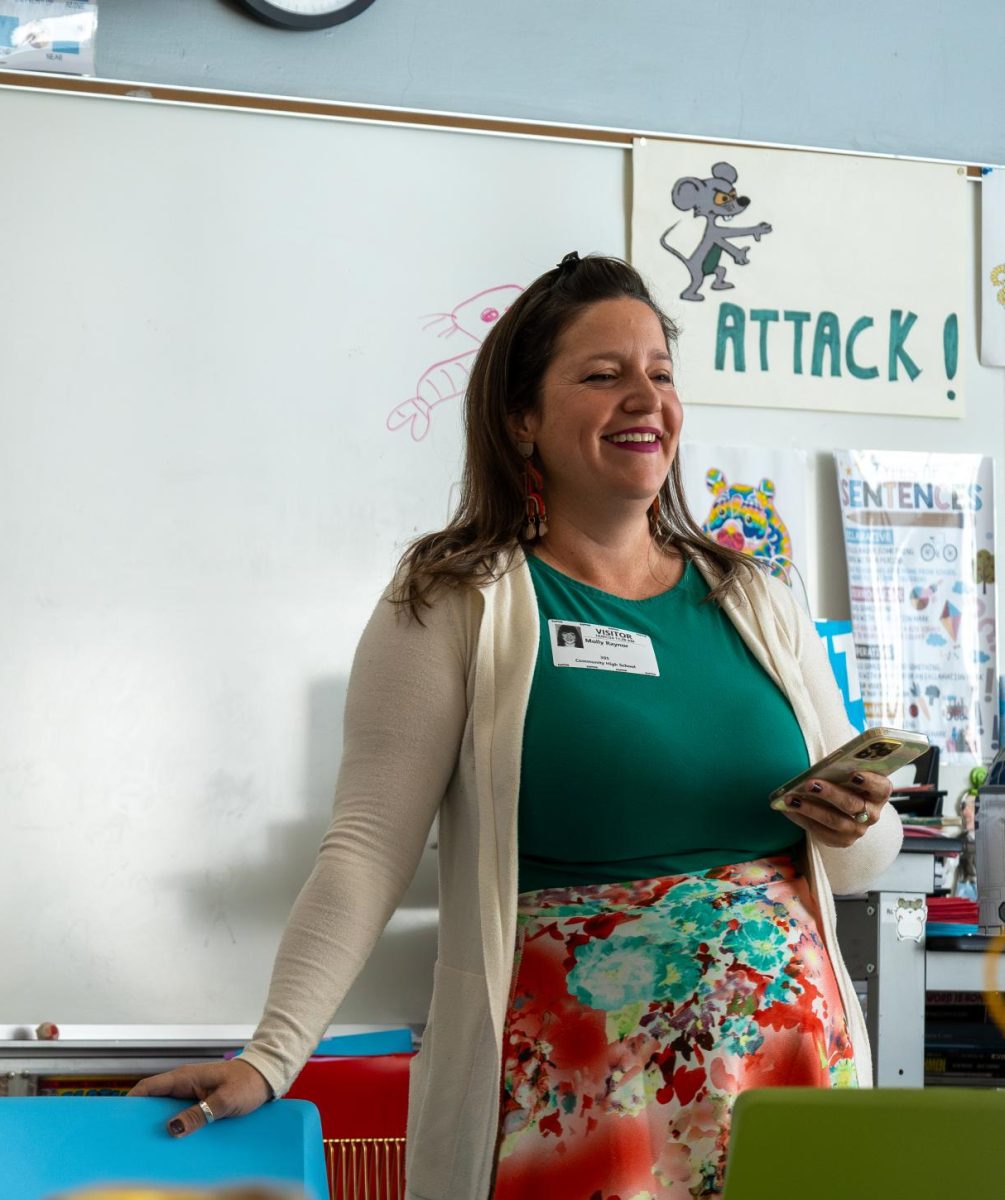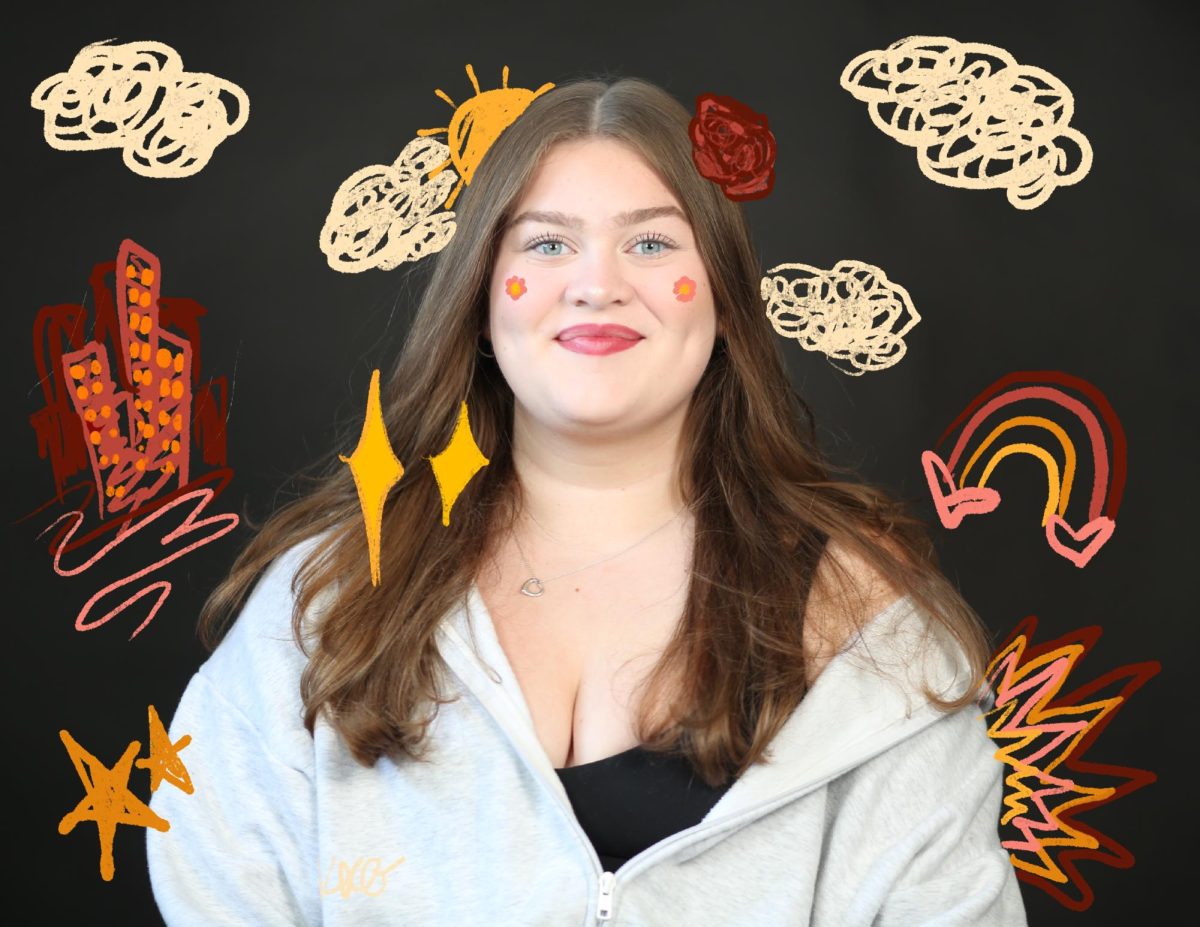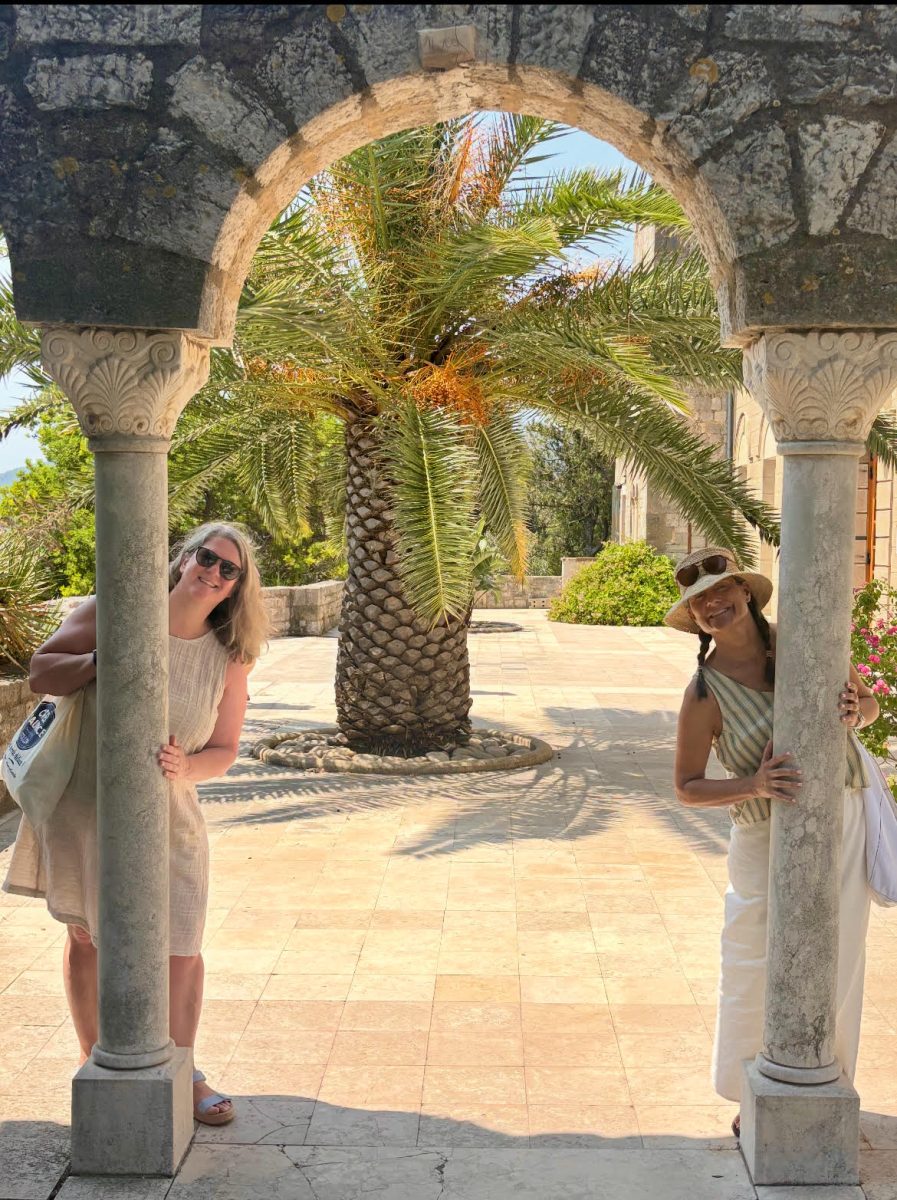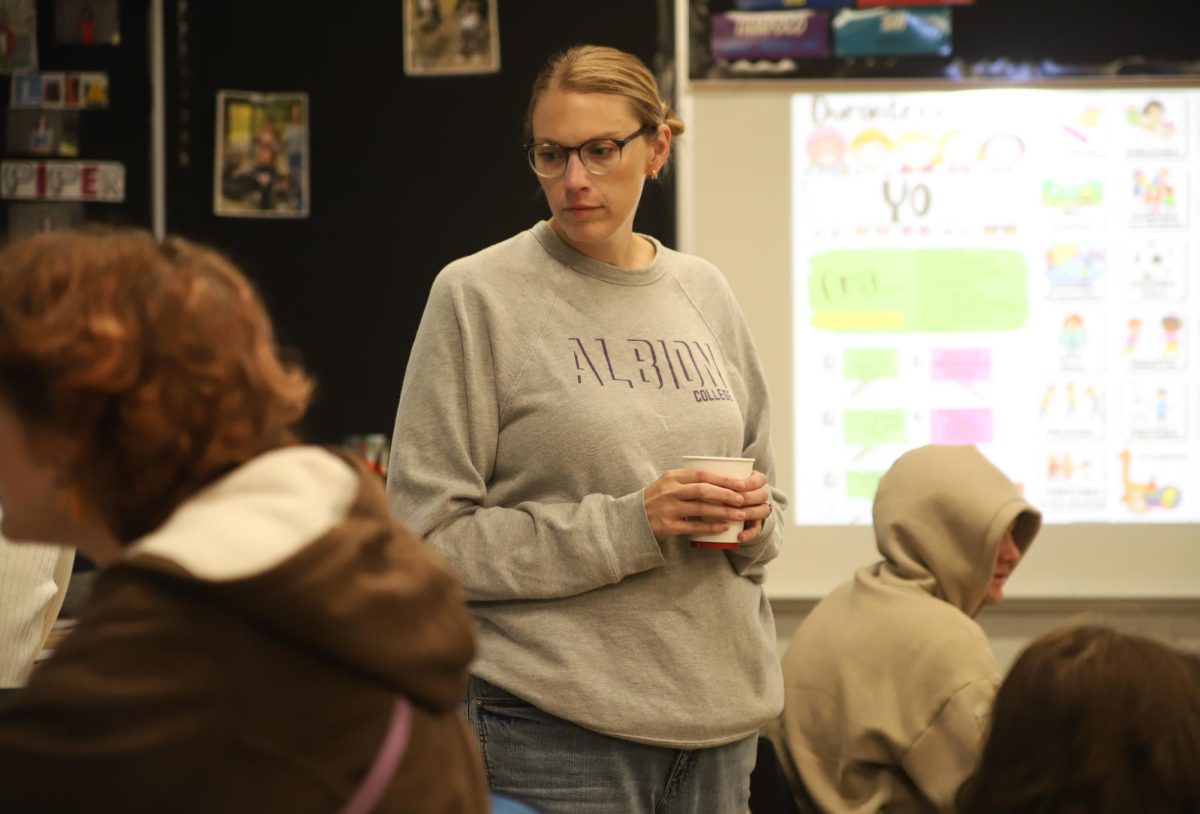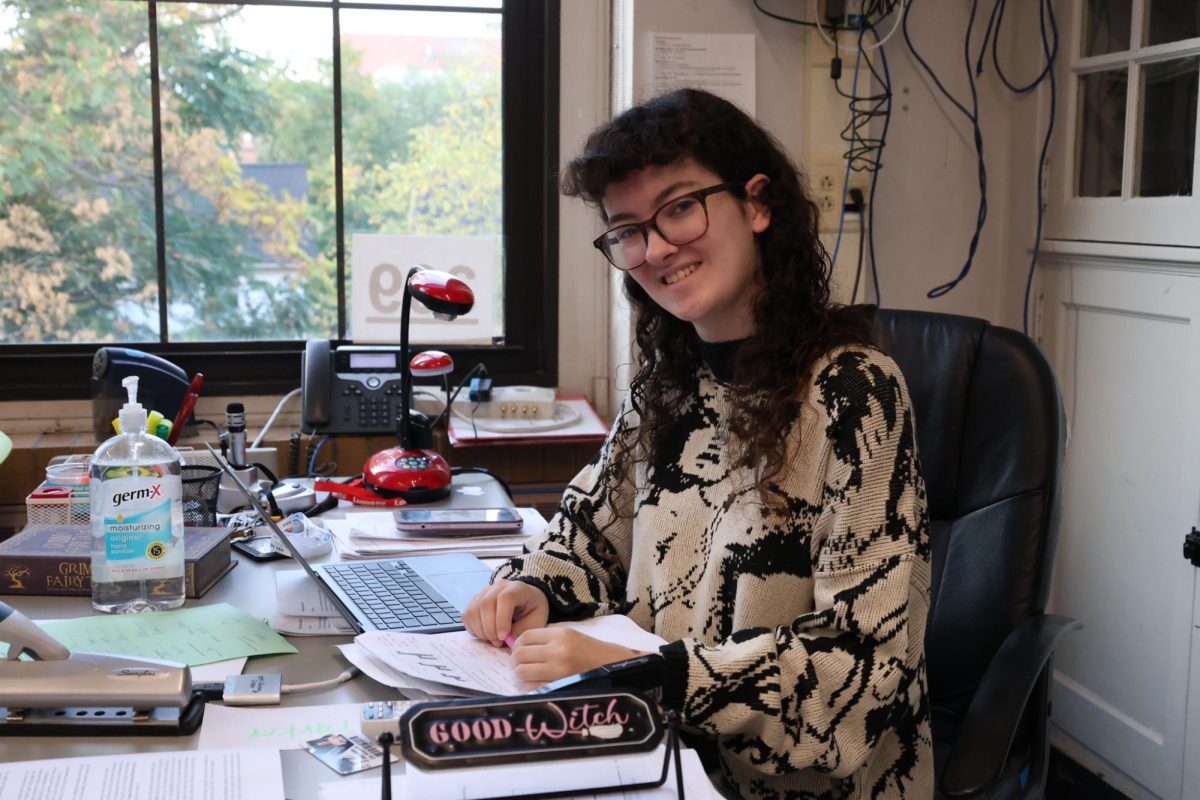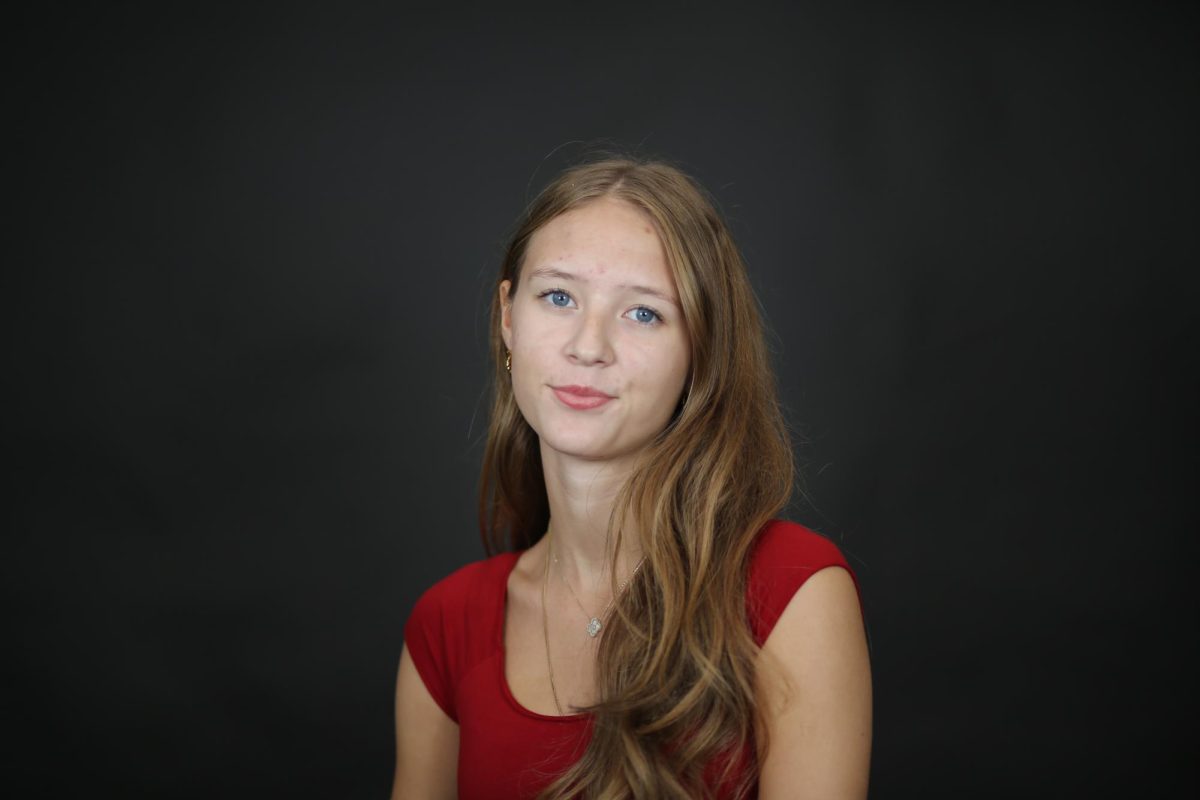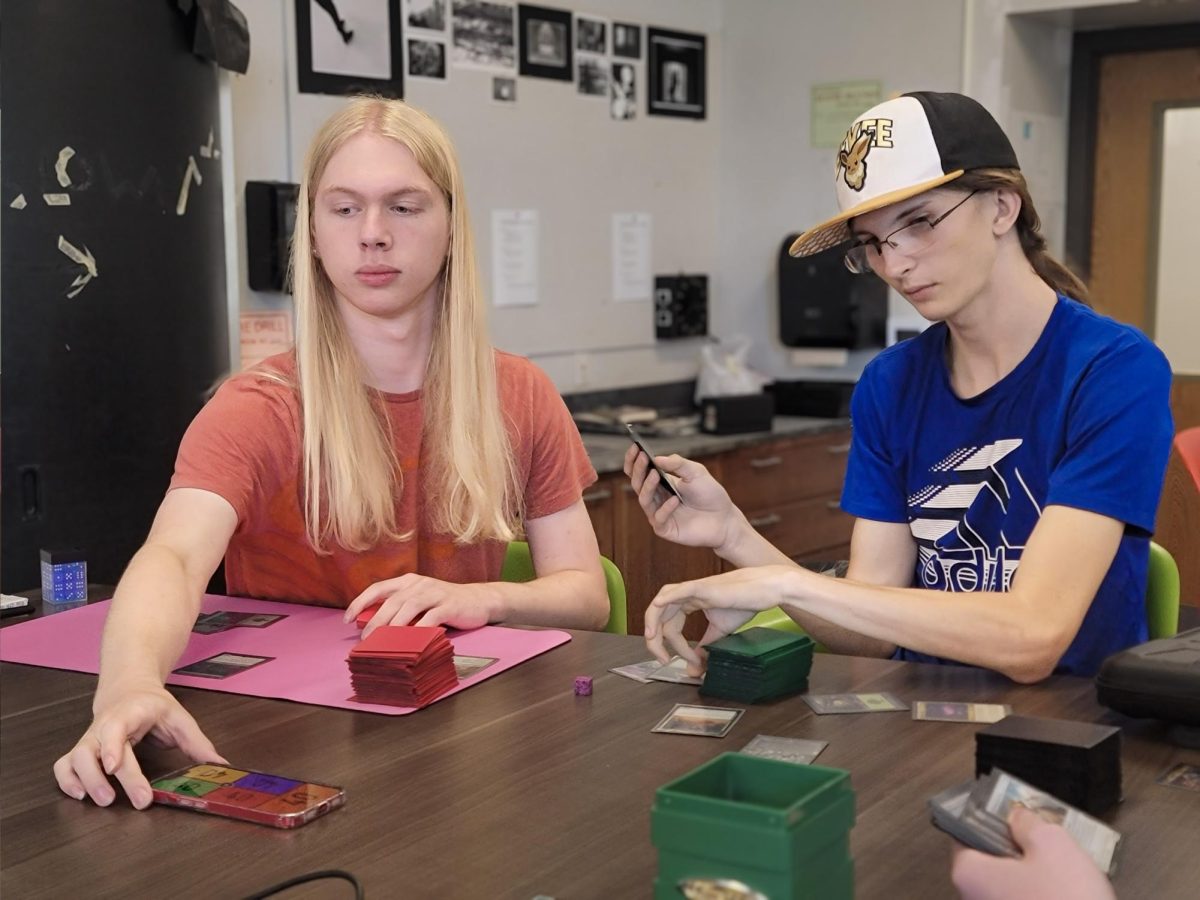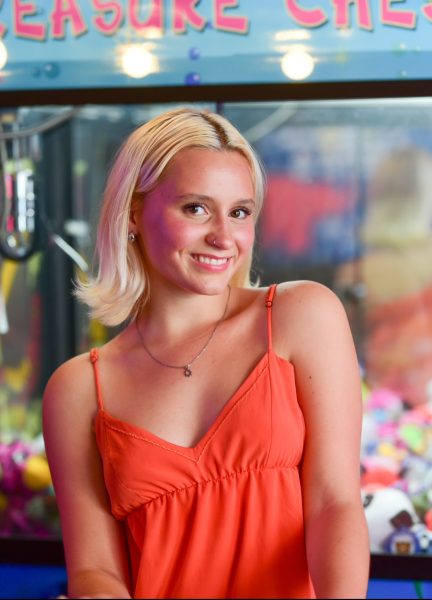How do you describe yourself?
I’m a poet, I’m an educator and a community builder. My mom is a professional storyteller, and in every generation, going back to my Jewish side, there was a storyteller in every generation. I think that in this generation, I’ve kind of inherited that role of storyteller, along with some other family members who are my age. We all tell stories in different ways, but we are all the culture keepers of our family. My professional background is that for the last like 20 years, inspired by Jeff Cass, who started the volume youth poultry project at the neutral zone in back in the day, when I was like 14, I had such a life changing experience through working with him that when I graduated from College, I moved to Richmond, California, and I kind of replicated that program. It was called raw talent. My co founder, Dante Clark, and I ran that for 10 years, just poetry, programming, theater, music with young people there. Then I moved back and worked at the neutral zone, and I co founded a program called staying power with young people in Ipsy, an activism arts program. So I guess I would say I always feel like I’m a poet first, even though that’s never actually been my career, like as a professional poet, I’ve always been more of like a teacher, social worker, but I try to keep I’m just now at age 40, returning to, like, my own art. Yeah, love it.
What do you love about poetry?
Oh my gosh. Well, in life everything is so black and white, like you’re expected to just always choose a side, and poetry allows for nuance. I feel like poetry lets me explore the gray area in every single thing, even in my own internal life. If I’m going through a heartbreak and I’m just like, ah, screw this person. In a poem, I somehow managed to unravel the thread, and find empathy for them and for myself. I think poetry helps us use language to tap into really complicated emotions that we can’t always explore in the way we talk normally in daily life.
What’s your favorite poem?
My favorite poem is called New vows by Louise Erdrich, and it’s in her poetry book called Original Fire. And I don’t know why, but I always return to it. It’s about heartbreak, and she has this line that’s something about marrying the forest. Like, the men have left me, and I walk into the woods and I marry the furs, or something like that. I just love that image of a woman, just walking into the forest and becoming the forest.
What’s your favorite genre of poetry?
I love all different genres of poetry, but I’m definitely more into contemporary poetry than the Canon. I think for those of us who grew up in the spoken word movement there was a lot of pressure to write about trauma. I always knew a poem if I had a poem about being sexually assaulted, that was going to get all 10s, and if I had a poem about how beautiful the flowers outside, it was probably not going to score well. And that’s sad. I love the slam culture because it gave me opportunities to travel and to connect with other youth. But it also pushed a lot of us young people to write about trauma, even if we weren’t ready to yet. I’m not afraid of poems that are about hard things, but I love confessional, messy poems about people’s emotions. I love important political poems, but I also love messy love poetry .
But what do you think poetry gives to you, and what do you think you give to poetry?
Poetry has given me my entire social world. I started writing when I was 14, I made all these friends, and I made the slam team. Ann Arbor was one of the hot spots for poetry in the early 2000s. I got to travel to the Bay Area, and all over the country to perform in slams. I met all these kids that ended up being my best friends to this day. It gave me my whole sense of purpose, identity, and self esteem. That’s why I say even though I didn’t choose a professional writer path in life, I still identify as being a poet above all else because it’s my roots. It radicalized me; I was a white middle class kid from Ann Arbor, and then I went to all these slams, and I met kids from all over the world with all different backgrounds. It burst the bubble of Ann Arbor privilege. I was seeing what other kids were going through via their poems. That’s what led me down this path of racial justice, gender justice, and all the work that I do today. I hope what I’ve given to poetry is through creating Raw Talent and Staying Power [youth poetry programs] I hope that I have carried on the legacy of youth poetry programs in the US. What a gift I was given, and I want to give that gift back. A lot of the kids in those programs say that they feel that it was life changing for them. Because the programs I was in as a kid were life changing for me, I felt like I wanted to replicate it.



